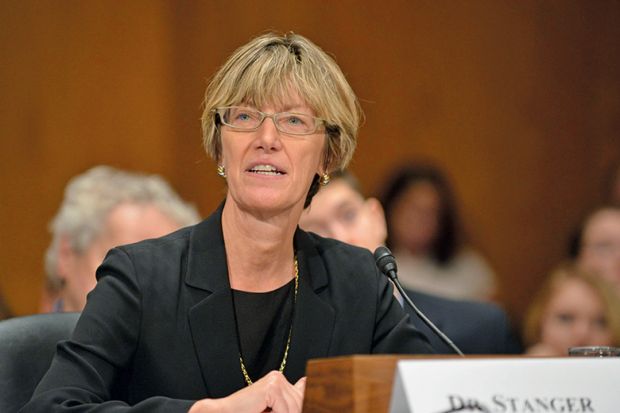In 2017, the Central European University’s “dispute with the Hungarian government over whether we could remain in Budapest”, writes its president and rector Michael Ignatieff, “became a global cause célèbre” and led to an open letter of support from “more than 500 prominent US and European academics”. It also made the CEU the perfect place, in June 2017, for a major conference on the state of academic freedom worldwide. The contributions have now been edited by Ignatieff and postdoctoral researcher Stefan Roch and published by the Central European University Press as Academic Freedom: The Global Challenge.
Several speakers focused on Hungary: the declining spending on higher education; a notable slip down the rankings for university autonomy; a striking change in the 2010 constitution from “The Republic of Hungary shall respect and support the freedom of scientific and artistic expression…” to “Hungary shall protect the scientific and artistic freedom of the [government-financed] Hungarian Academy of Sciences and the Hungarian Academy of Arts…”
Others devoted their attention to worrying recent developments in the Arab world, Bangladesh, China, India, Myanmar, Russia and Turkey. Yet Liviu Matei, provost and pro-rector at the CEU, cited “the higher education miracle of Singapore”, where “basically all [the] great universities describe themselves as autonomous”, as an example of how “the state can tolerate, even encourage and support academic freedom and institutional autonomy in non-democratic regimes”.
And what, on the other hand, about threats to academic freedom in the democratic United States? Allison Stanger, Russell J. Len ’60 professor at Middlebury College in Vermont, was still suffering from “a heckler’s veto concussion” as she described how the conservative political scientist Charles Murray was shouted down and how he and she (who was moderating a talk with him) were “intimidated and physically assaulted while trying to leave campus”. Some faculty members, she reported, “cheered on the protests and did not encourage their students to read Charles Murray, or listen to him first”. Yet others organised a “Principles of Free Expression” petition, which was published in The Wall Street Journal.
Among these “brave souls”, Stanger (pictured inset) noted a tendency for them to have “studied or experienced intellectual life under an authoritarian or totalitarian regime”; to have “lived in American red [Republican-leaning ] states and had loved ones with whom they disagreed politically”; and to be “older rather than younger”. She was dismayed that many other colleagues “did not share our understanding of the academy’s and America’s core values”.
Leon Botstein, president of Bard College in New York State, was also concerned about a “younger generation” who found “compromise and agreement very hard” because they lived largely online and “[have]not actually experienced traditional public space”. Yet there was a fundamental reason why universities had to speak up against “a growing moralizing intolerance with respect to any sort of deviancy”, namely that “a university, especially its faculty, is a collection of deviants…To excel in the study of cell functions or fossils and to be able to understand the questions of modern physics makes one an outlier.” It was a key task of university administrators to “protect the freedom of thought and speech of the odd individual who has certain gifts from the rage and envy of others”.
Register to continue
Why register?
- Registration is free and only takes a moment
- Once registered, you can read 3 articles a month
- Sign up for our newsletter
Subscribe
Or subscribe for unlimited access to:
- Unlimited access to news, views, insights & reviews
- Digital editions
- Digital access to THE’s university and college rankings analysis
Already registered or a current subscriber? Login
